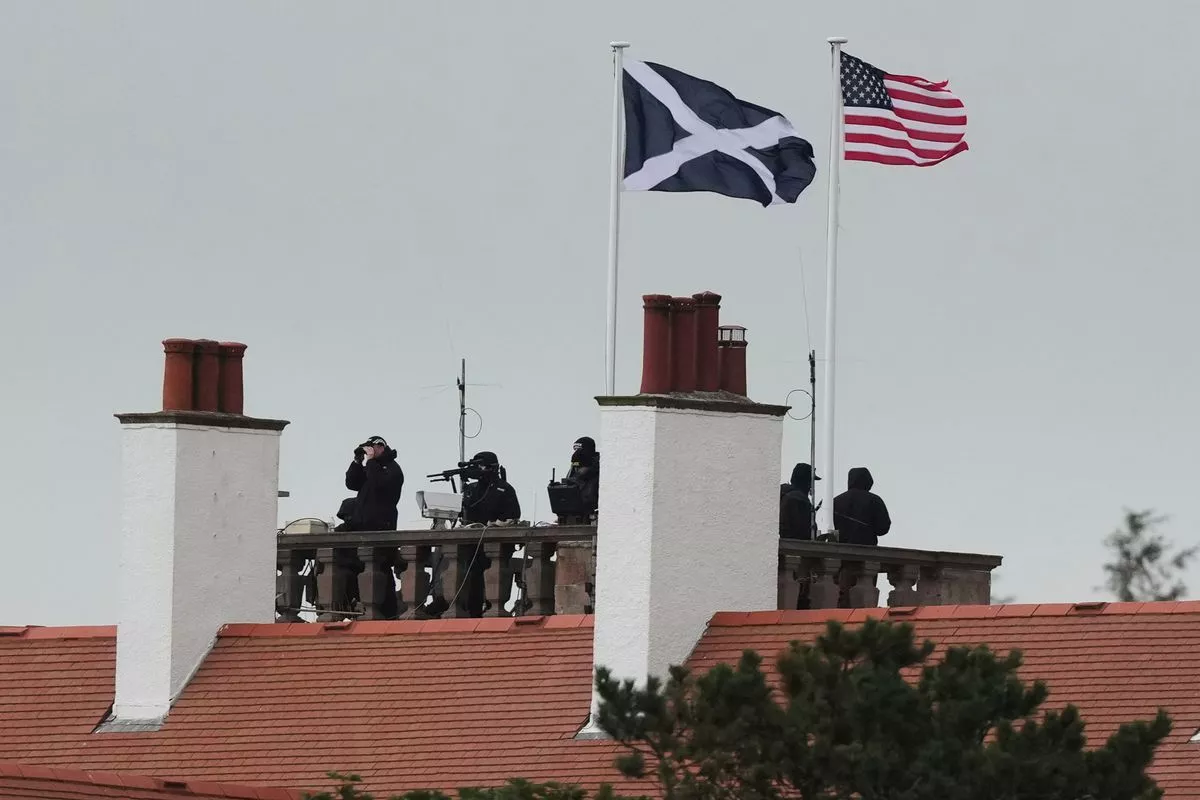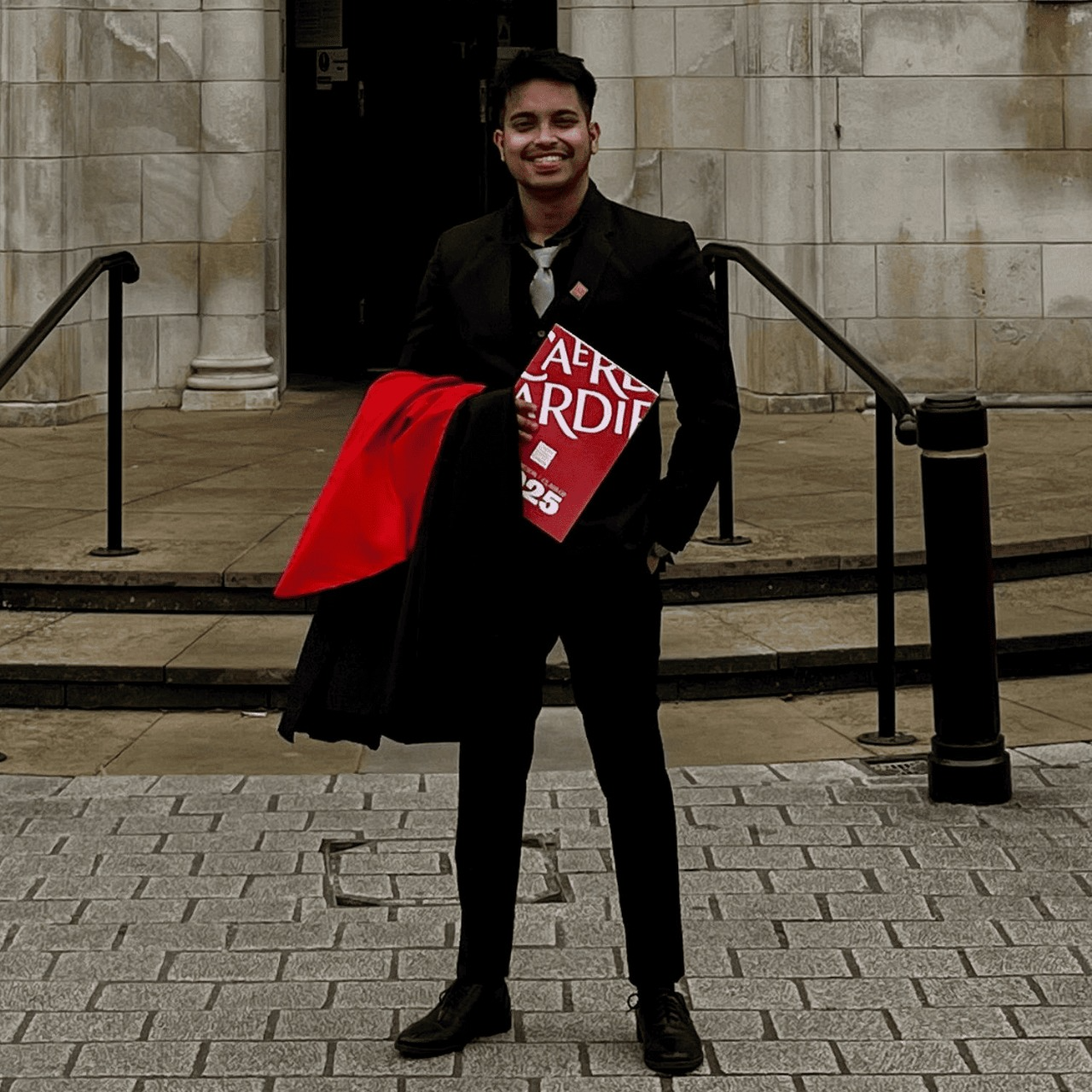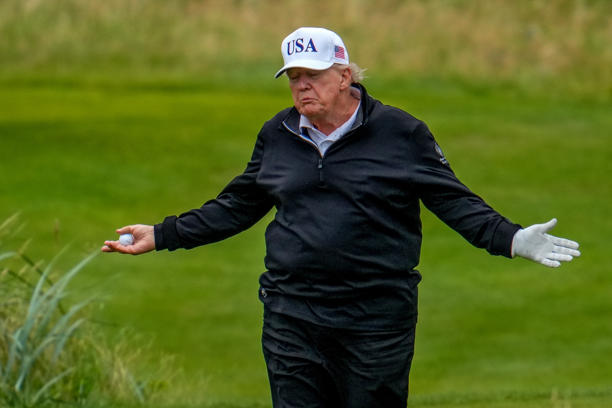In July 2025, U.S. President Donald Trump convened high-level diplomatic meetings at his Turnberry golf course in Scotland. Amid sweeping coastal views and military-style security escorts, including armoured Polaris Rangers dubbed “Cart One”, Trump hosted UK Prime Minister Keir Starmer and European Commission President Ursula von der Leyen. The discussions reportedly tackled thorny issues such as the Gaza and Ukraine crisis, defence spending, and a sweeping 15% U.S. tariff on EU goods. Here, under the public's line of sight, world affairs are played out in a setting designed for opportunity and ostentation.
But what do we mean when we say that geopolitics is played out not in the marbled porticos of a statehouse, but rather, in the opulent privacy of a luxury resort?
The Rise of Private Power
In the new theatre of global diplomacy, state dinners and marble-topped summits are no longer limited to government offices and international organizations. Increasingly, global power brokers, from presidents and prime ministers to billionaires, are opting for something more personal and symbolic.
Ancestral estates, golf resorts, and private retreats are all becoming new stages of high-level diplomacy. Behind the manicured hedges and designer drawing rooms, the lines between public duty and personal brand blur. Joseph Nye, the father of “soft power,” once argued that influence lies in the ability to attract and co-opt rather than coerce. Here, court diplomacy, symbolic, venue-driven judicial diplomacy, in its most literal expression, becomes a soft sell packaged in symbolism.
In her publication, Anne-Marie Slaughter also notes, "Architecture and geography are never neutral. Where we negotiate shapes, how we negotiate, and for whom."
The Optics Game
In today’s environment, image is as powerful as action and the venues provide control over the agenda and access to optics, and outcomes. Hosts set the mood, control the guest list and, most significantly of all, drive the narrative. In an era of tightly choreographed media access, where the backdrop can be a dual-use PR campaign, the line between negotiation and spectacle is razor thin.
In Trump’s case, the imagery of military motorcades sweeping through a private golf course sent a clear message, that it is not just diplomacy. It was rather reframed as brand theatre, where golf carts and international headlines created a visual symphony of power, ownership, and influence.

Turnberry hotel during U.S. President Donald Trump's visit)
Yet while the optics at the resort presented confidence and diplomacy, the vibe outside the gates was decidedly different when there were protests, outside the manicured borders of the resort. Sarah, a director of a Scottish company, said, "He shouldn't even be here. There shouldn't even be opportunity to talk to him as somebody who holds those standards." The anger Sarah described was representative of a broader discomfort about who is at the table, and who is standing outside the gates.
From Versailles to Davos: Lessons from History
This concept of hosting diplomatic encounters on royal grounds has been followed for centuries. French kings received emissaries to Versailles, where the grandeur and gold leaf conveyed the royal honour. Fast forward to today, and French President Emmanuel Macron channels that tradition, hosting the “Choose France” summit at Versailles, with the idea of European unity, bringing imperial opulence to EU meetings.
In 2024, the World Economic Forum in Davos turns a Swiss ski town into a winter citadel of elite-deal- making. Every year, almost 3,000 business leaders, policymakers, and dignitaries come together far from the public square and are intentionally removed from public scrutiny.
The Democratic Dilemma
However, there’s a price to pay for this theatrical display. When power is wielded behind closed doors or on exclusive, privately owned land, it becomes challenging to hold those in power accountable. While the curated visuals may take the limelight on social media, what remains concealed are the discussions that impact billions.
By shifting diplomacy to private territory, leaders may jeopardize transparency, accountability, and the core principle of serving the public. Who truly benefits when national priorities are debated in villas or exclusive resorts? The net beneficiaries are rarely the global public. Meanwhile, the host who controls the optics, the close stakeholders, media outlets and certain interest groups with exclusive lobbying access are the ones gaining the benefit. This turns diplomacy into a high-return PR affair.
Conclusion
As personal estates become geopolitical stages, the theatre of power is evolving. While court diplomacy can lead to momentary triumphs or, at the very least, compelling television, its longer-term consequences for global governance will be significant.
This new age of influence advances where statecraft marries estate craft, and the fundamental question is not merely what deals are made, but who controls the setting, the story, and ultimately, the stakes.
Because in this age of court diplomacy, the battle isn’t only at the table, but on the stage itself.
 Punyasloka Samanta
Punyasloka Samanta